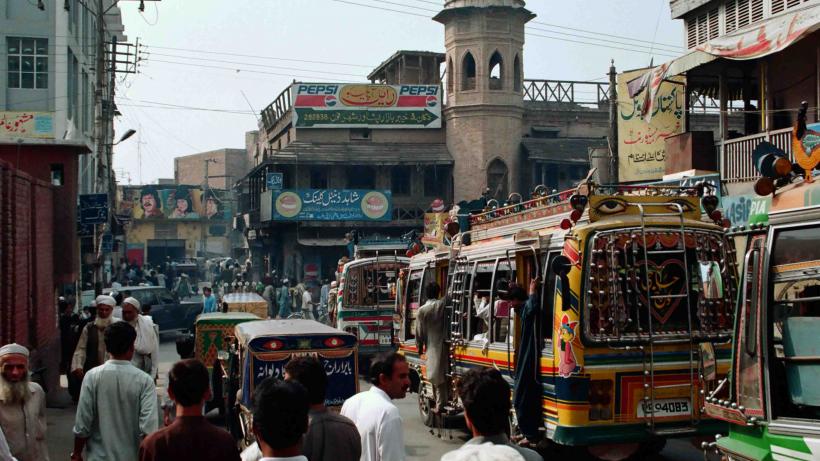
Rebuilding the social compact: Urban service delivery and property taxes in Pakistan
-
Khan-et-al-Final-Report-August-2022.pdf
PDF document • 4.59 MB
This impact evaluation investigates whether strengthening the link between local taxation and urban services can revitalise the social compact between citizen and state. A significant challenge to the provision of local public services in developing economies is the inability to raise adequate resources, especially through local taxation. In many countries, the social compact, whereby citizens agree to pay taxes to fund their desired services, is broken. A low willingness to pay taxes leads to low revenue collection, and prevents adequate service provision, which in turn reduces willingness to pay and can even lead to citizen disengagement from the state.
We investigate whether strengthening the link between local collections and urban services can increase citizens’ willingness to pay for services, improve service delivery, and enhance local politics. We test this in major urban centers in Punjab, Pakistan via several interventions - including eliciting citizen preferences for specific services when taxes are collected, earmarking revenue for specific services, and enabling local politicians - that credibly strengthen the link between tax collection and urban service provision.
This report presents the experimental design and reports preliminary impacts on tax payments.




